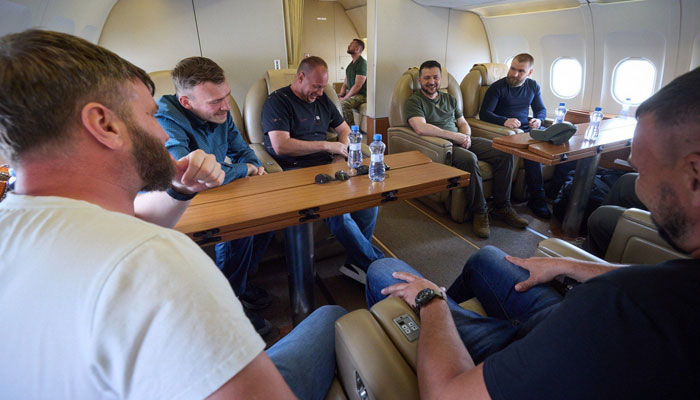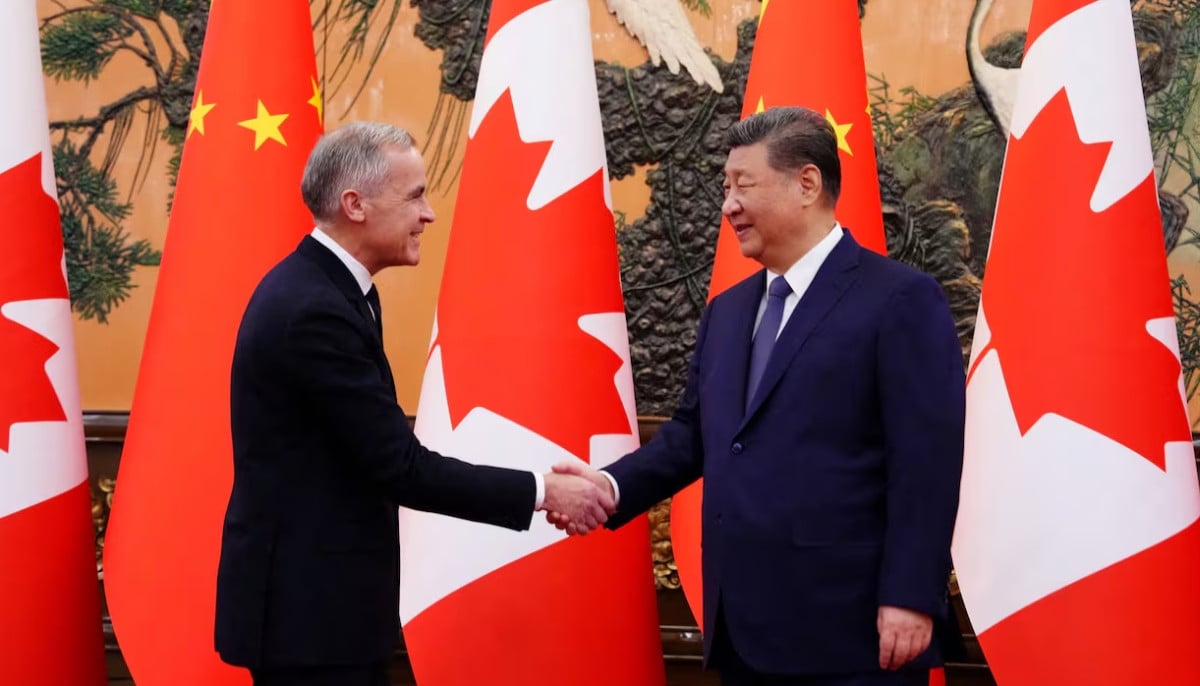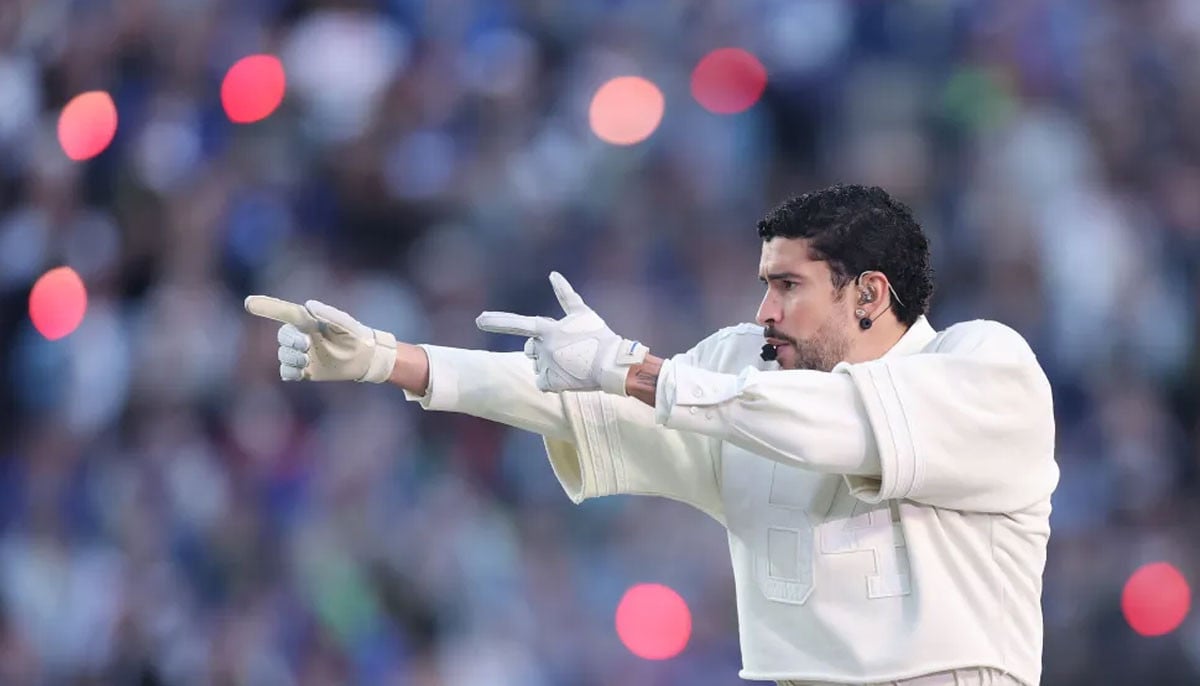Russia criticises repatriation of Ukrainian troops from Turkey
Russia's condemnation of Ukraine and Turkey over the return of Azov regiment prisoners adds to mounting tensions between the countries
The return of Ukrainian Azov regiment prisoners from Turkey has drawn condemnation from Russia, exacerbating tensions between the countries. Kremlin spokesman Dmitry Peskov expressed disapproval of the repatriation, labeling it a violation of existing agreements.
The Azov regiment, formed from an ultranationalist battalion, gained recognition in Ukraine for its resolute defense of the Azovstal steel plant during the siege of Mariupol. However, Russia disapproves of the regiment due to its links with Ukrainian ultranationalists. The release of these commanders from Turkish custody has added fuel to the fire, exacerbating tensions between the nations.
The Kremlin spokesman noted that both Ukraine and Turkey were at fault for breaching the terms of the agreement, which stipulated that the prisoners should remain in Turkey until the conflict's conclusion.
According to Peskov, "The return of Azov commanders from Turkey to Ukraine is nothing but a direct violation of the terms of existing agreements." The statement underscores Russia's discontent with the repatriation of the Azov regiment prisoners and highlights the alleged breach of the agreement by both Ukraine and Turkey.
The incident has wider implications for the relationships between Russia, Ukraine, and Turkey. Peskov suggested that Turkey's decision to release the prisoners may have been influenced by its desire to demonstrate solidarity ahead of the upcoming NATO summit. He remarked, "Preparations for the NATO summit are underway and of course there has been a lot of pressure on Turkey."
The statement alludes to potential strains on Russia-Turkey relations, as well as the impact on diplomatic dynamics within the NATO alliance.
The repatriation of the Azov regiment prisoners without Russia's knowledge further strained the already tense relations between the countries. Peskov criticised the lack of communication, saying, "Russia was not notified" about the transfer of the officers to Ukraine. The lack of transparency and failure to adhere to the agreement's terms has intensified the diplomatic challenges faced by Russia, Ukraine, and Turkey.
In conclusion, Russia's condemnation of Ukraine and Turkey over the return of Azov regiment prisoners highlights the violation of existing agreements and adds to the mounting tensions between the countries. The incident raises concerns about the future of diplomatic relations and may impact Turkey's position within NATO. The lack of communication and transparency surrounding the repatriation has further exacerbated the strained dynamics between the nations involved.
-
Alan Cumming shares plans with 2026 Bafta Film Awards
-
OpenClaw founder Peter Steinberger hired by OpenAI as AI agent race heats up
-
Chinese New Year explained: All you need to know about the Year of the Horse
-
Canadian passport holders can now travel to China visa-free: Here's how
-
Edmonton weather warning: Up to 30 cm of snow possible in parts of Alberta
-
ICE agents 'fake car trouble' to arrest Minnesota man, family says
-
China confirms visa-free travel for UK, Canada nationals
-
Bad Bunny's star power explodes tourism searches for his hometown












